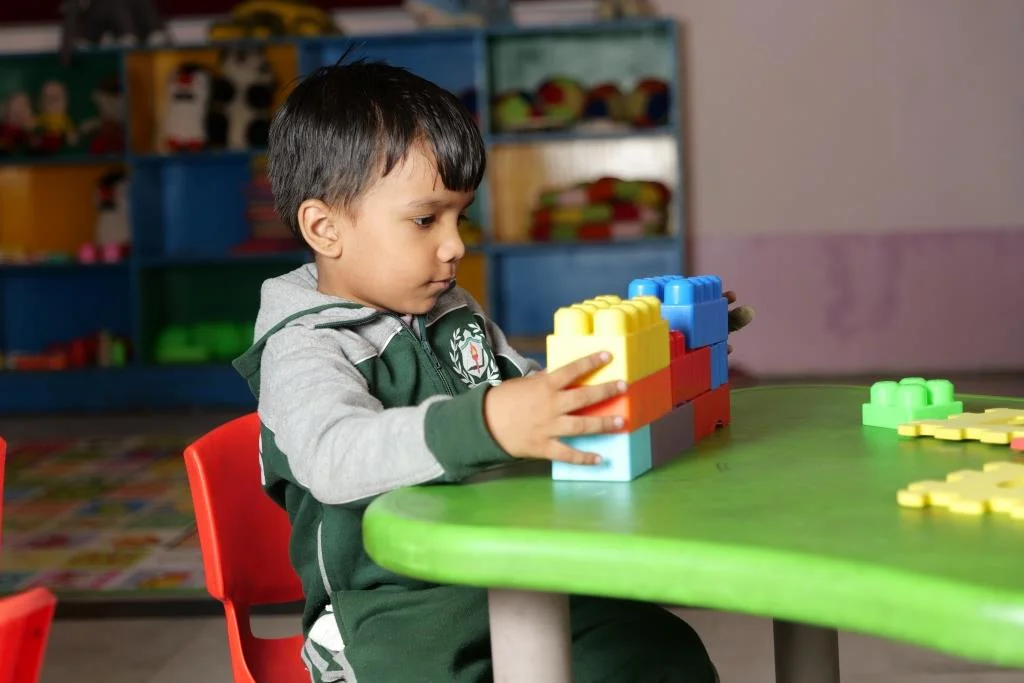12/2, Knowledge Park III, Opp. Sharda University, Greater Noida
Call: +91-9911673386, 9599272761
Email: info@dwpsgrnoida.com
Delhi World Public School, Greater Noida
DWPS adopts a child-centric and holistic education programme that prepares students for college life and beyond. We follow a holistic approach to learning using innovative methods to develop both disciplinary and inter-disciplinary understanding. In addition to academic excellence, it encourages independent learning, enquiry-based learning, risk-taking, caring, open-mindedness, and intercultural understanding.
Teaching and learning to shift away from the rote method to conceptualized-based learning method. The curriculum is enriched enough to go beyond textbooks and has opportunities to develop detailed understanding of concepts. Students are able to relate knowledge of world to life outside school.
Examinations are now more flexible and integrated with classroom experience which is aimed to raise citizens who believe in equality and compassion. Communication is an important facet of child’s development. Learning different languages and developing self-belief helps in developing performance abilities and become an effective communicator. We enable our students to acquire knowledge, develop confidence and gain the ability to assess his/her personal strengths and weaknesses. They maintain a realistic approach in making appropriate career decisions for further education and employment.
With the arrival of new information and communication technologies to schools, both new teaching methodologies as well as new versions of existing methodologies, now revised and updated for the digital generation, have emerged. One of the most used in class at present is Project-Based Learning (PBL).
In its essence, PBL allows students to acquire key knowledge and skills through the development of projects that respond to real-life problems.
The teaching based on projects or integrated tasks is today’s best didactic guarantee for the effective development of key skills while also acquiring the knowledge of the curriculum’s content.
Starting from a concrete problem, instead of the traditional theoretical and abstract model, sees notable improvements in students’ ability to retain knowledge as well as the opportunity to develop complex competencies such as critical thinking, communication, collaboration, or problem-solving.
